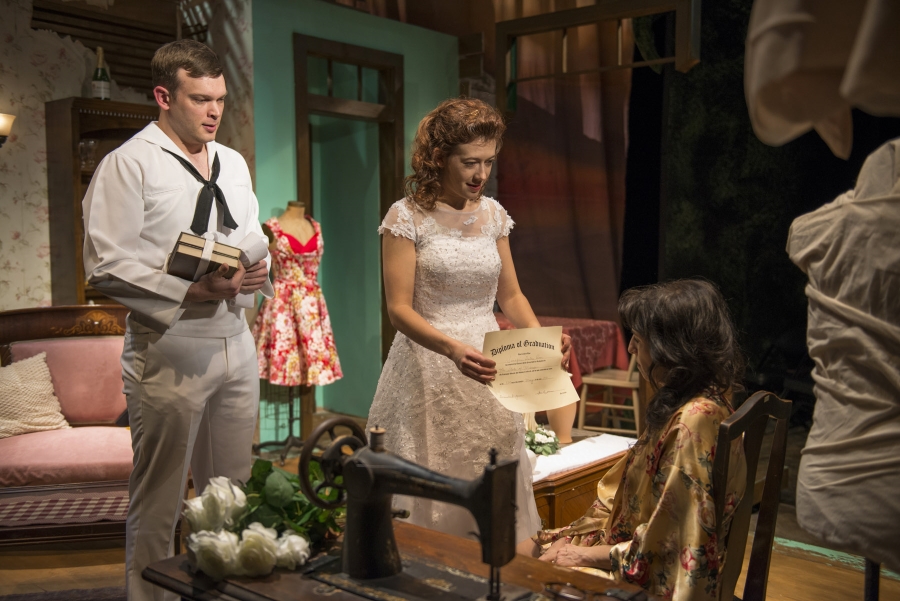No, I haven't given up *blogging* altogether. I have gotten bogged down trying to write something on the other site about the election which is not close to being finished. It is superfluous to keep complaining about how I need a computer that I can use at home, but--I need one. I should just get something and put it on a credit card, but every time I am about to do that, something else comes up that I need to put on a credit card. Still, this is killing my career right now.
A List: Arthur Miller--All My Sons.....................xxiii/85
B List: Asch--The Apostle................................721/754
C List: Seamus Heaney, The Burial at Thebes....49/79
I'm still in the introduction on the Miller play, which having been written in 2000 for a Penguin edition is longer and more pointless than it needs to be. This is the fourth of a set of American postwar plays we are going through, including another one by Arthur (why didn't he go by Art?) Miller, Incident at Vichy, about a group of (mostly) Jews who have been rounded up during World War II and are sitting together in the waiting area of the police station, which I thought was a good piece of drama. The other two were also interesting. The first was Tea and Sympathy by Robert Anderson, produced in the early 50s and set at a New England prep school. It centers around a boy whom everybody suspects to be gay to the point that he is hounded from the school, though he is afforded the chance to demonstrate that he may not be fully of that persuasion at the end, while his main tormentor among the faculty leaves little doubt that his true nature in this matter is not what everybody would have it to be. There is a whole gamut of 50s psychological dysfunction and pathology on pretty raw display. There was a film version that came out in 1956 that was directed by Vincente Minelli (no comment with regard to this particular story--great director) and starred the suddenly ubiquitous (in my life) Deborah Kerr. The other play was Tennessee Williams's The Rose Tattoo. This play is about love, not repressed, bourgeois love, but the kind that is intense, untamed, that gives everything it has freely, and is therefore somewhat terrifying to middle class people whose incomes are dependent on not indulging in these kinds of passions. Williams has aged quite well--his mentality fits well with the proclivities of our time. Besides being a uniquely talented writer, unabashedly gay at a time when that was not all that common, and a very publicly unhappy and troubled person, he had a great gift as a writer for relating to all kinds of different people on an elemental level as individual personalities, which is a trait that a lot of people writing very desperately would like to have, but their self-consciousness hampers them in this. I would assume Williams was afflicted with no small degree of self-consciousness, but it is not something that impairs him in writing about people.
The Heaney is a version, in very stripped down and basic modern English, of Antigone that was written on commission for the 100th anniversary of the Abbey Theatre. The simplicity and directness of the language is a surprise to me. My image of Heaney was of one of those quasi-mystical, gilt-tongued but at the same time cryptic Irish bards, really inscrutable to Americans, or least ones like me, because the gulf between the quality of the respective spiritual, cultural and intellectual backgrounds was too vast. Perhaps he is more like that in his other poems.
Picture Gallery





No comments:
Post a Comment